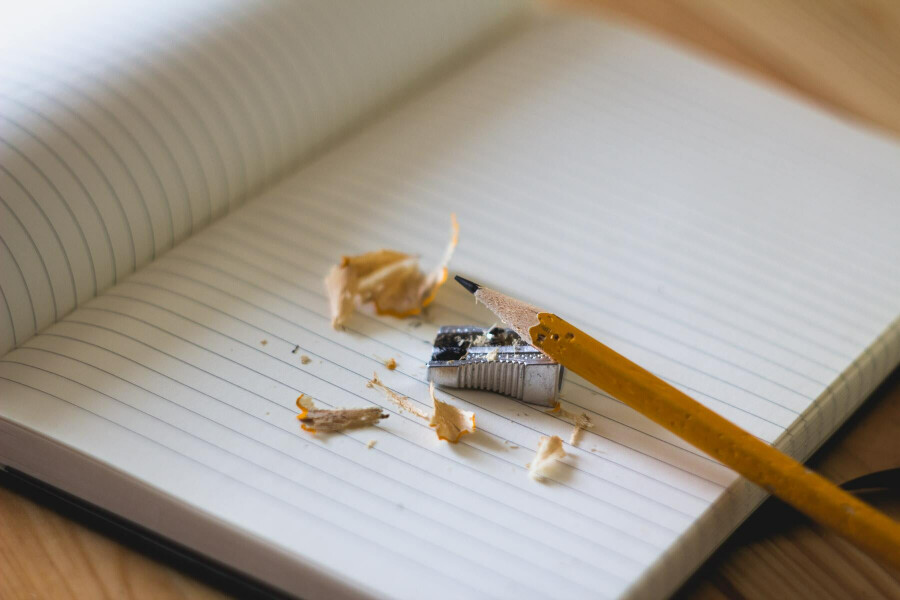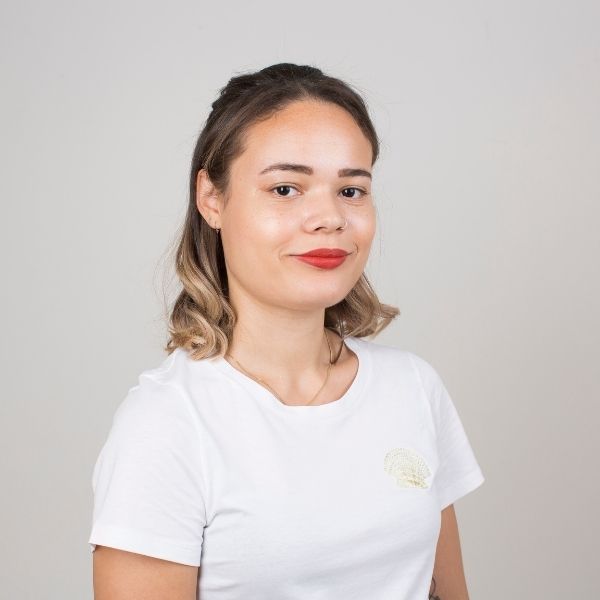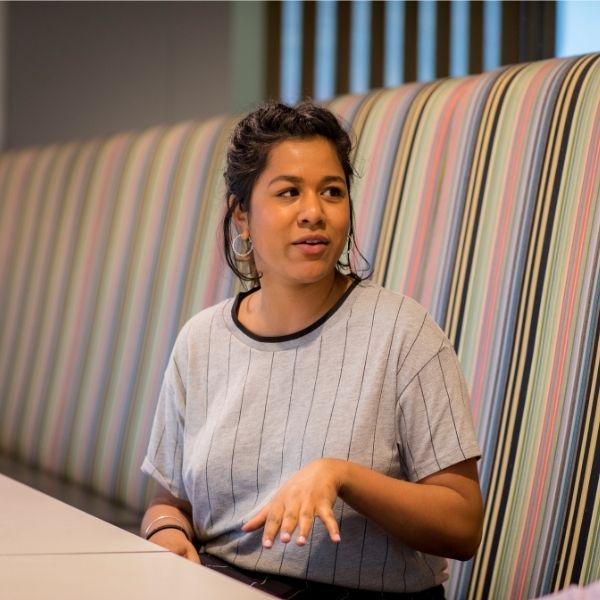What are good ways to start or get relevant experience for your role? What could a secondary or university student be doing now that might help?
All of the classics: become an expert in what you want to cover, come up with ideas all the time, read as much as you can, and try and get some experience of being edited by someone, whether that be on a student magazine, through a work experience project, or by starting your own blog/site with friends. Also: you will be rejected, we all have been multiple times, but keep on trying!
Where do you get ideas for your work?
Following trends in the areas that I cover, reading other publications, speaking to people, and sometimes from very unexpected places like studies, surveys or journal articles that spark an idea in you.
What advice can you give on pitching an idea?
Do your research: has this idea already been written by someone else, whether for your chosen publication or elsewhere? Does it fit house style? How original is it - if you're pitching about Love Island or Vigil to the TV desk the competition will be steep, what can you do to set your idea apart? Also, why should you be doing this particular piece? Do you have a certain in or angle that will make your pitch different from 30 other similar ones? Important to remember, too, that if you don't get a reply, it doesn't mean that your idea was rubbish - perhaps the idea was overloaded with pitches, or missed it. Follow up politely once, and then move on to another editor. If the idea is rejected by a few editors, write it if you want to and get someone else to edit it as practice - just because your idea wasn't quite right for them doesn't mean you can't use it for your portfolio.
What one piece of advice would you give to a young person interested in getting a career in news and media?
Don't follow the crowd, pitching obvious pieces that you think you 'should' be interested in - do things that inspire and excite you and that others aren't. Think about what you'd like to read - often it isn't a quick clickbait piece on a news story, but something more considered.
What writing tips could you give a young person starting out?
Write as much as you can, and work out what your favourite writers do well. Make sure your writing is clear, well-structured and generally cracking. Also remember to have fun and enjoy what you're doing - journalism can be really stressful but especially with feature-writing you have an opportunity to write in a stylised, descriptive, engaging way.
What is the one thing you've done that you feel has been most beneficial for your career?
Pitched lots from an early age. Had my first Guardian piece published at 18. Lots of rejection along the way and lots of horrible red pen edits and editors going "you're just not getting this..." But keeping going, and writing and self-publishing your own pieces, will make you better.


